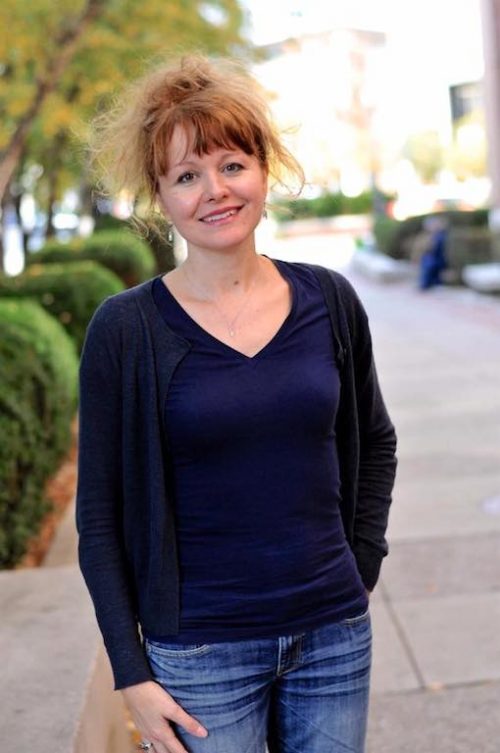
BY JUDY CARMACK BROSS
Bestselling Chicago authors Christine Sneed and Rebecca Makkai are urging you to return to that novel, short story or essay you have always wanted to publish and head over to the Northwestern University Summer Writers’ Conference August 15-17—a powerful jumpstart for your work.
Conference Director Amy Danzer told us why: “Participants will have the opportunity to learn how to write a gut wrenching story, motivate their characters, turn nonfiction into narrative, and more. Attendees will hear advice from industry leaders including publishers, agents, literary editors, critics, and published authors in all genres.”
“The 42 workshops—14 each day—6 panels, 3 keynote presentations, and 3 literary events definitely will keep attendees busy,” Danzer continued. “Panels and workshops cover an eclectic array of topics, including how to write a standout ghost story, the art of the essay, branding, flash nonfiction, plot structure, and much more.Evening fun includes a free networking reception each day, literary readings, and a Live Lit performance Saturday evening featuring storytellers and performers from across Chicago.”
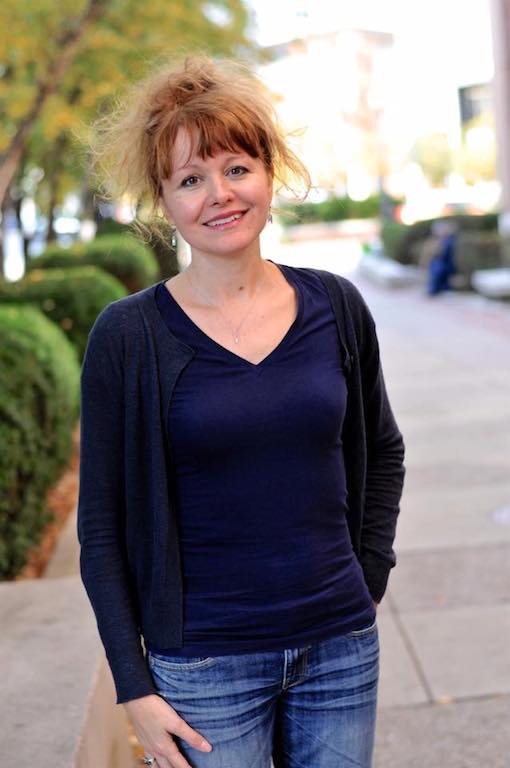
Christine Sneed.
Makkai and Sneed, both Northwestern professors, are among the 80 authors and presenters from the city’s literary and publishing talent pool assembling at the university’s Chicago campus.
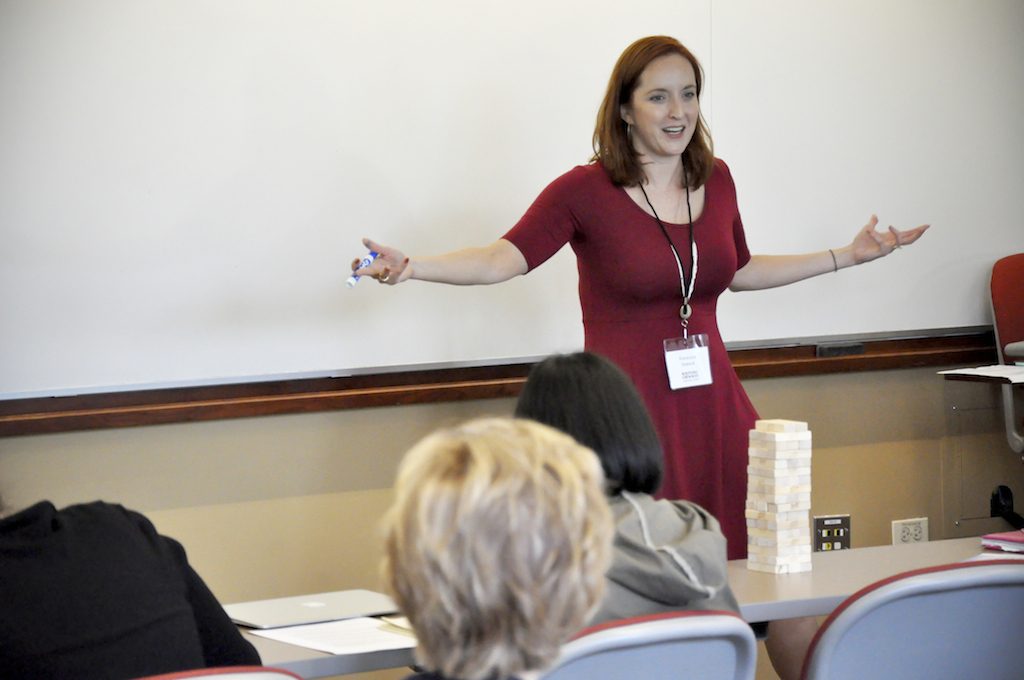
Rebecca Makkai in the classroom.
Best-selling authors and Northwestern Faculty Members Christine Sneed, author of Paris, He Said and Little Known Facts and Rebecca Makkai, author of The Great Believers, named a finalist for the National Book Award, are among the 80 authors and presenters from the city’s literary and publishing talent pool assembling at the university’s Chicago campus. The two will also serve as keynote speakers. Sneed, along with Gina Frangello, Krista Franklin, and poet and educator Mark Turcotte, will give a reading and discussion entitled: “It’s a Family Affair: Taking the Heart’s Dictation.” Makkai will present “Researching into the Void.”
Other keynote speakers will be bestselling author of historical fiction Renee Rosen; Northwestern alumna Natalie Moore, WBEZ’s South Side Reporter and author of The South Side: A Portrait of Chicago and American Segregation; and journalist and activist Miles Harvey. Juan Martinez, fiction writer and a professor of poetry and prose at Northwestern, and longtime literary agent Marcy Posner are among this year’s notable speakers.
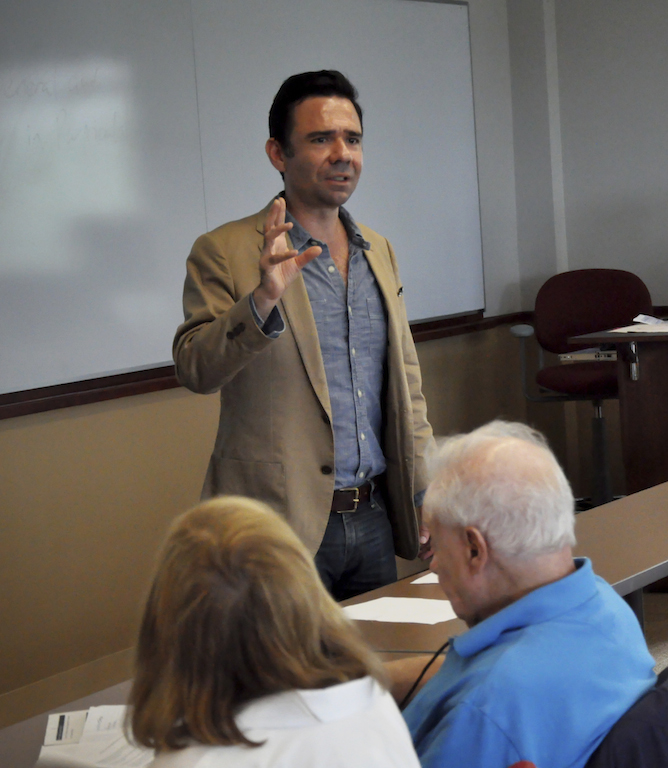
Juan Martinez.
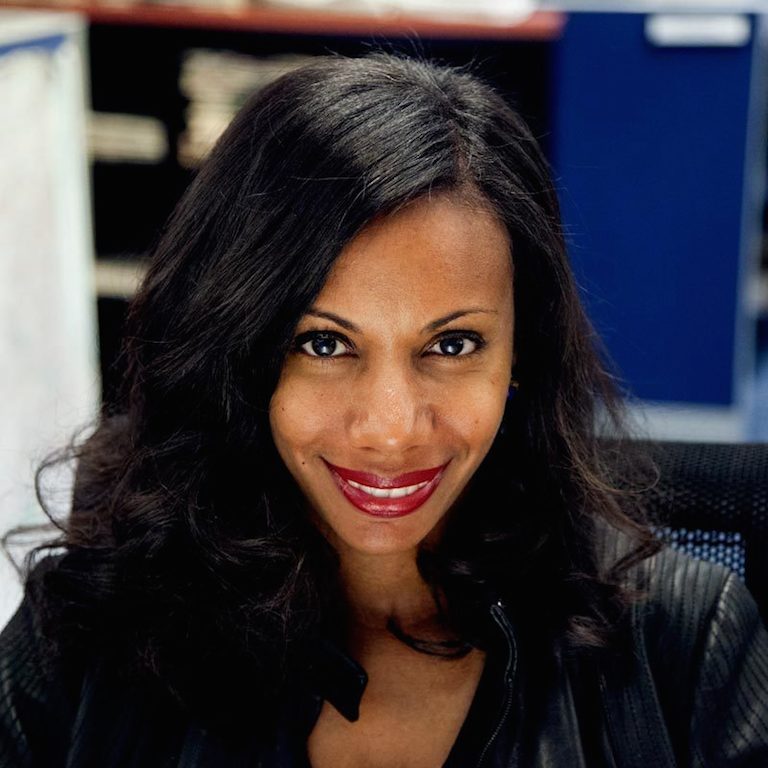
Natalie Moore.
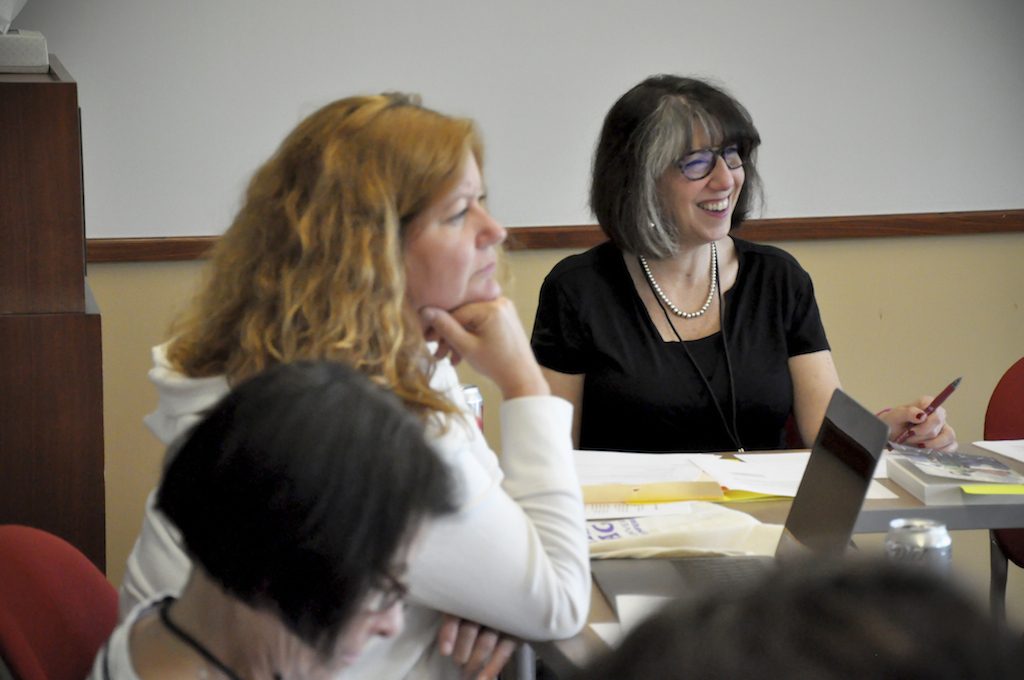
Renee Rosen.
Sneed, who is also the faculty director of Northwestern’s creative writing program, told us: “It’s good to be with likeminded people because the writing life, like any creative endeavor, can be lonely and disorienting and is known to create doubts in almost everyone who is a creative from time to time. The U.S. is a results-driven, goal-oriented country where many of us have come to expect, in many cases, alas, an immediate payoff for our efforts, but learning how to write well takes a long time and it’s useful—and necessary—to be reminded that this is a marathon, not a sprint. A cliché perhaps, but it is still an apt one.”
We talked in more depth with Sneed about her process, her advice, and the goals for this year’s conference.
What are side effects or benefits for the person who decides to write, taking up this tremendously taxing, defeating at times, but noble profession?
Well, it depends on the person, but I write in order to figure out my life and my responses to different experiences and situations, and also to try to understand the points of view of people different from me.
When people ask you about the most important rules of writing, what do you say?
Probably the most important quality serious writers have is that they are also serious readers. They should write often—procrastination happens, yes, but it shouldn’t happen all the time. They should not be afraid of or lazy about revision. Revision is the stage where most of us will see our work beginning to show its real potential. The first draft is rarely the final draft.
Do you have writing rituals that you follow, such as time and place?
I don’t have a set schedule, but I tend to write almost every day for a couple of hours, and it’s usually in the morning and then a little later, after I do some other work, probably late morning or early afternoon.
One tactic that helps me when I’m working on a novel, for example, is to set a goal for the number words I hope to write in a day. Usually this is around 1,000, but it used to be closer to 500. Beginning writers should set a goal that, through trial and error, they find to be reasonable for them. If 250 words is more feasible because you write more slowly than I do, or Stephen King, whom I believe tries to write 2,000 words a day—that’s a lot of words for anyone, in my view—set the smaller word count as your limit. You don’t want put too much pressure on yourself because it might keep you from writing any words at all.
What are you working on now and how has your style changed? How would you best describe the pictures that emerge from your books, or the impression perhaps that they leave?
I’m working on a revision of a novel I wrote a few years ago and am learning how to write screen material too. I have a new novel and a story collection out on submission and am waiting to hear back about those manuscripts.
It might be some time before I start writing another novel. It is an exhausting form, and I’ve written several now that I haven’t yet published. Some of them probably shouldn’t be published and that’s fine—writing every one of them was a learning experience.
In addition to your own writing, you are working with creative writing students daily. Are you seeing new trends in their work?
I’m seeing more flash fiction—works of extreme brevity—than I used to. This might be due in part to a trend I’ve noticed in recent years: many literary journals are setting word count caps on submissions that are smaller than I remember them being when I was first sending out short stories to journals in the 1990s.
I was very caught up in your novel about Paris. It wasn’t just another book set in the City of Light—the characters were most compelling, one almost sees them walking through the city.
As for the pictures that emerge from my work, I’m really not sure. My hope is that readers will be able to see the characters and settings clearly in their mind’s eye. With the two novels I’ve published, Little Known Facts and Paris, He Said, they’re both set in atmospheric places—the former mostly in L.A. and the latter in Paris. If I wrote precisely enough about these fabled cities, readers will feel as if they are there with the characters, which I suspect is what all authors hope for.
How do you get readers to suspend their disbelief and feel that they are getting to know real people in your novels?
I’m not really sure how that happens, but I believe if you write with enough precision, and affection, about the people and places in your stories, ideally your readers will be able to see them with some precision too and grow to care about them as they progress through your book or your short story or poem or essay.
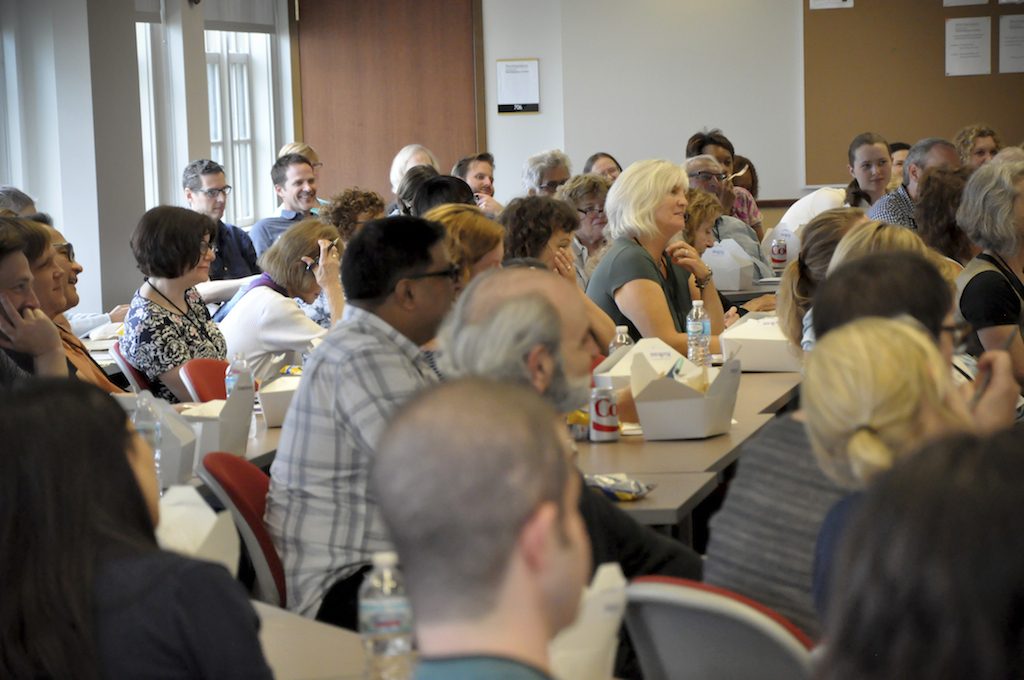
A scene from the SWC, 2017.
What are a few of the strongest results of the Summer Writers’ Conference? What would you like outcomes to be?
Many writers who attend the conference learn useful tools related to the craft of writing, for example, how to structure a short story and write well-drawn characters, along with the professional aspects of being a writer, from how to send out their work to literary journals, how to use social media to promote their work, and how to query agents. There’s a good balance between the creative and the professional elements of the writing life.
One outcome we hope for is that participants will finish the conference feeling as if they have found—or further cemented—their membership in a community of serious writers, whether they are new or more experienced prose writers and poets.
We also hope to inspire participants to keep writing and reading with a sense of purposefulness, curiosity, and less fear of the blank page, which can be daunting for most of us, from time to time, no matter how much we might already have written and/or published.
Writers need community and this conference provides that during its three days and also helps attendees make connections they can draw on after the conference ends. Participants will be able to meet fellow writers who are at different skill levels at the conference, as well as knowledgeable and generous panelists and workshop leaders who have been practicing their craft for a long time.
Improved craft and professional advancement are the goals of this long-running conference sponsored by the Northwestern University School of Professional Studies, held in Wieboldt Hall at 339 East Chicago Avenue.
For further information, click here.
Photo credit: Liz Rondone



